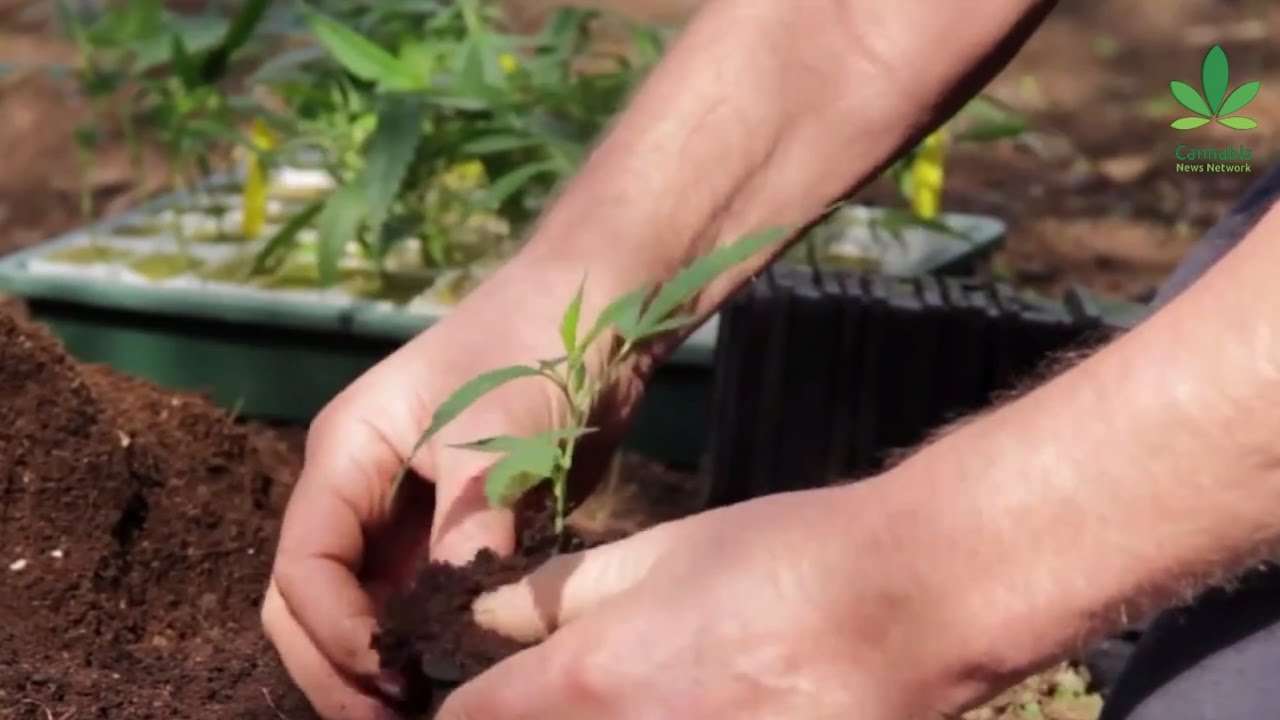
Study: International law allows for the legalisation of cannabis
Dutch researchers Piet Hein van Kempen and Masha Fedorova of Radboud University published their findings today, confirming what Cannabis News Network concluded earlier this year with a mini-series on (medicinal) cannabis as a human right.
This new study follows the same outcome as the Mexican’s High Court’s decision to grand four activists to grow, transport and smoke cannabis because of their; “right to the free development of personality”.
Whereas other studies focused on arguments related to individual and public health, the safety of citizens and the fight against crime (the so-called positive human rights obligations), to date this is the first study done into cannabis and positive human rights obligations.
Furthermore, the study sums up five primary bullet points for regulated cannabis legalisation:
- This must be in the interest of the protection of human rights.
- The state must demonstrate that the regulated legalisation of the cultivation and trade of cannabis will result in the more effective protection of human rights.
- The decision regarding such regulation must have public support and must be decided through the nationwide democratic process.
- There must be a closed system so that foreign countries are not disadvantaged in any way by this measure.
- The state is required to actively discourage cannabis use.
The study concludes that ‘if a state can meet these conditions, under the current international law it is permissible to give priority to human rights obligations over the obligations of the U.N. drug conventions.’
Cannabis News Network hopes this report will clear the road for many countries to move towards a better cannabis policy.
An English summary of the study has been embedded below.












